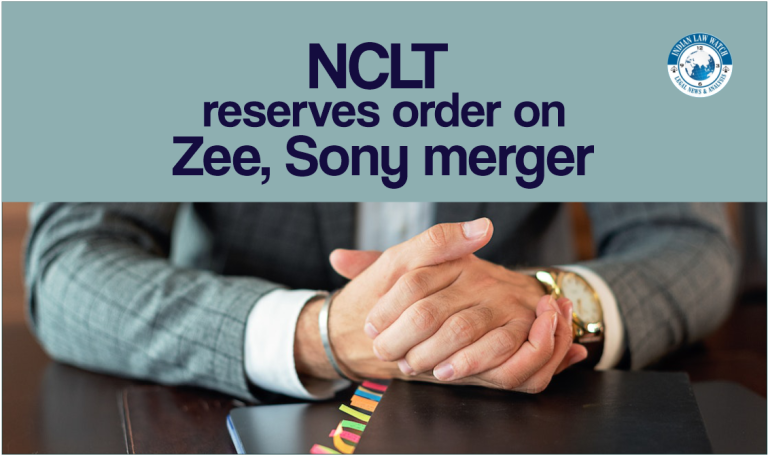
Britain might require Facebook to sell GIF website Giphy after the country’s competition regulator said its investigation found the deal between the two companies would hurt the display advertising market. Facebook, the world’s largest social media company, bought Giphy, a website for making and sharing animated images, or GIFs, in May last year to integrate it with its photo-sharing app, Instagram. The deal was worth $400 million by Axios.
The Competition and Markets Authority (CMA) ultimately determined that the deal stands to increase Facebook’s sizeable market power. Together, its suite of apps — including Facebook, WhatsApp and Instagram — account for 70 per cent of social media activity and are accessed at least once a month by 80 per cent of internet users.
The regulator found that Facebook’s ownership of Giphy, which it aims to integrate with its Instagram social media site, could lead to it stopping supplying gifs to other social media sites. The Facebook deal could prevent rivals including TikTok and Snapchat from accessing Giphy, a service they already use. It added that Facebook could also require customers of the GIF platform to hand over more data in return for access. If its objections are confirmed as part of the ongoing review, the regulator said it could force Facebook to unwind the deal and to sell off Giphy in its entirety.
Gifs are embeddable clips, usually no more than a few seconds long.
The Facebook could demand more user data from Giphy’s social media customers to continue to get access to its gifs, increasing the company’s already “significant” market power.
Although Facebook and Giphy are headquartered in the US, the CMA has the power to investigate mergers where the business being acquired has annual revenues of at least £70m or when the combined businesses have at least a 25% share of any “reasonable” market.
The Facebook-Giphy deal is also being investigated by competition regulators in countries including Australia and Austria.
Photo by Alexander Shatov on Unsplash





